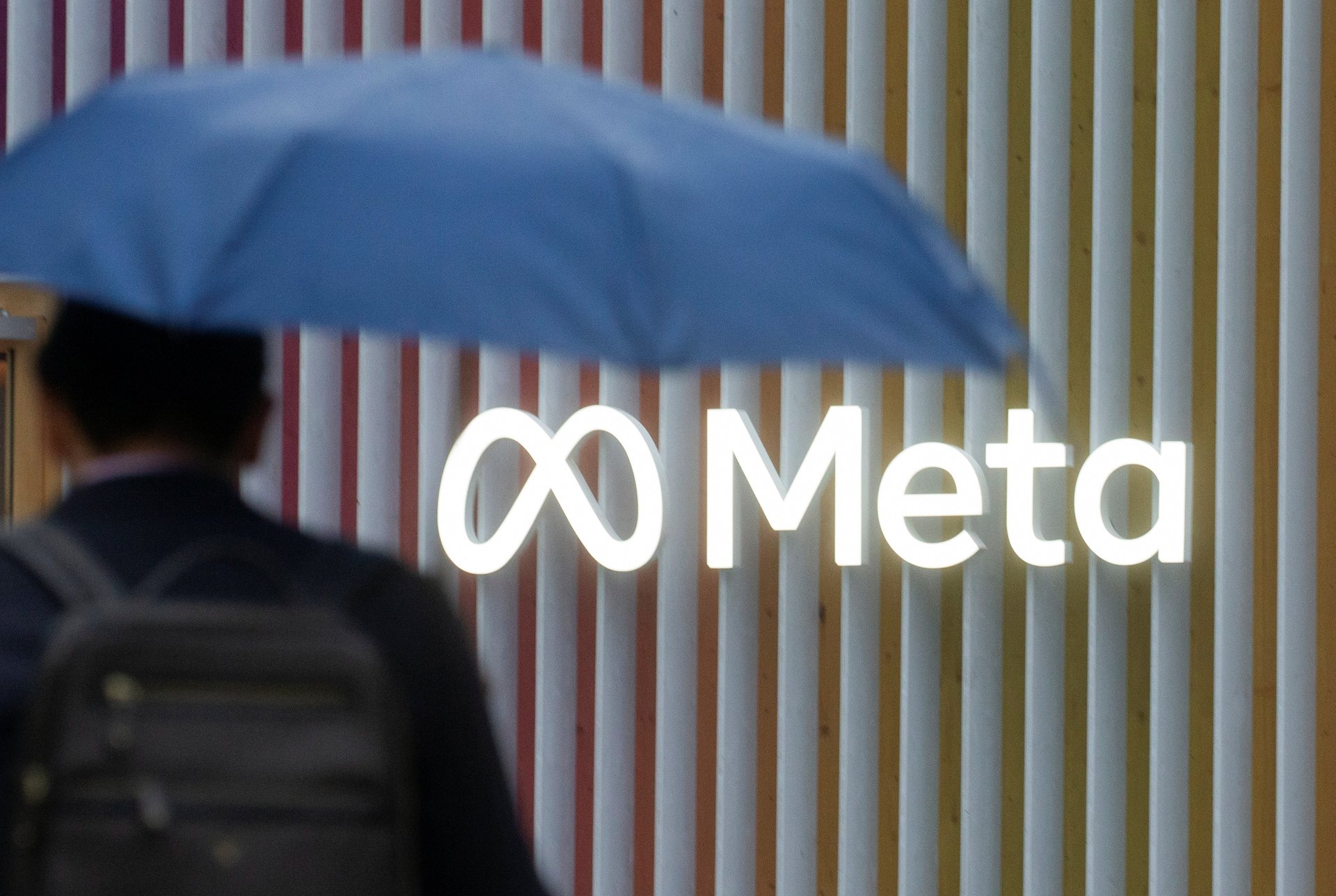Meta's shareholders voted against an inquiry into political bias and hate speech in India
A shareholder proposal was motivated by concerns about Meta's role in spreading anti-Muslim hatred

Meta shareholders voted against a proposal from fellow shareholders calling for an inquiry into allegations of spreading hate speech and content moderation failures in India.
Suggested Reading
The proposal was put forth by a non-profit advocacy firm Eko, India Civil Watch International (ICWI), and Internet Freedom Foundation (IFF) last week. The latter announced the vote’s outcome in a tweet from its official account on May 31. “The vote was not in favour of Proposal 7. This is a loss for Indian users of Meta’s platforms, but our fight for transparency & accountability from Meta does not end here,” the statement read.
Related Content
The proposal argued Meta was a catalyst of hate speech in India and called for a third-party assessment of “allegations of political entanglement and content management biases in its operations in India, focusing on how the platform has been utilized to foment ethnic and religious conflict and hatred” and of whether the company was well positioned to fight disinformation.
India is Meta’s largest market, thanks to the large user base of its three brands Facebook, WhatsApp, and Instagram.
Meta as a driver of anti-Muslim narrative in India
In recent years, India’s ruling government Bharatiya Janta Party (BJP) has grown increasingly authoritarian. Since the BJP came into power in 2014, India slipped from 27th to 46th place on the Economist Intelligence’s Democracy Index of 167 countries in 2022. Prime minister Narendra Modi’s ruling party has faced criticism for gradually marginalizing the country’s minority Muslim population, and endangering the country’s democracy.
The shareholder proposal was motivated by concerns over the company’s role in spreading anti-Muslim statements in India. Months before the communal massacre in February 2020 that killed 53 people, a video featuring the head of a North Indian temple saying “I want to eliminate Muslims and Islam from the face of the Earth” garnered views well over 40 million on Facebook.
Also in 2020, Facebook India’s then-top policy official Ankhi Das had dismissed calls to ban BJP politician T. Raja Singh from the platform after he termed Muslims traitors, threatened to raze mosques, and called for Muslim immigrants to be shot. Das had argued that banning Singh from Facebook would hurt its business in India, as the Wall Street Journal had reported in August 2020.
After Das stepped down in October that year, Facebook India’s current policy head Shivnath Thukral assisted in BJP’s 2014 election campaign. In March last year, Al Jazeera reported that Facebook gave BJP a discount on its political advertisements during election campaigns.
What is Meta’s response to the allegations?
Meta issued a five-point statement as part of its proxy filing to the US Securities and Exchange Commission, in which it recommended shareholders voted against the proposal.
Meta, in its response, said “the company is committed to respecting human rights—and their underlying principles of equality, safety, dignity, privacy, and voice—across our business operations.”
Highlighting the commitment to maintaining safety and integrity across all jurisdictions, including India, Meta said it has set aside resources to foster a culture of respect and ensure the safety of its users in India. “Given our ongoing efforts to address this topic, the requested report is unnecessary and would not provide additional benefit to our shareholders,” Meta said.